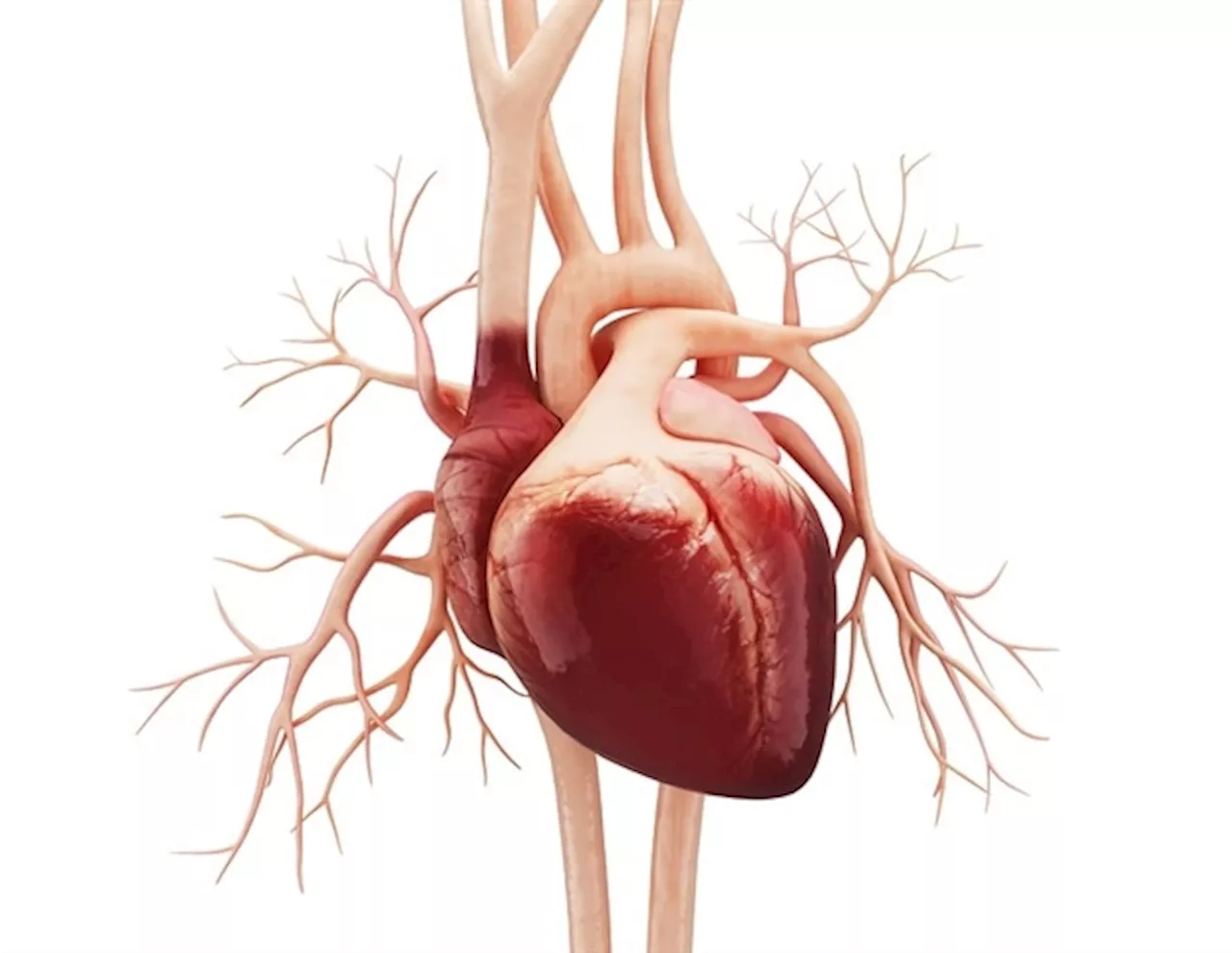Researchers from the National Institutes of Health (NIH) have developed an artificial intelligence (AI) algorithm to help speed up the process of matching potential volunteers to relevant clinical research trials listed on ClinicalTrials.gov.
NIH/National Library of Medicine Nov 18 2024 Researchers from the National Institutes of Health have developed an artificial intelligence algorithm to help speed up the process of matching potential volunteers to relevant clinical research trials listed on ClinicalTrials.gov.
"Machine learning and AI technology have held promise in matching patients with clinical trials, but their practical application across diverse populations still needed exploration," said NLM Acting Director, Stephen Sherry, PhD. "This study shows we can responsibly leverage AI technology so physicians can connect their patients to a relevant clinical trial that may be of interest to them with even more speed and efficiency.
Additionally, the researchers conducted a pilot user study, where they asked two human clinicians to review six anonymous patient summaries and match them to six clinical trials. For each patient and trial pair, one clinician was asked to manually review the patient summaries, check if the person was eligible, and decide if the patient might qualify for the trial. For the same patient-trial pair, another clinician used TrialGPT to assess the patient's eligibility.
Clinical Trial Language Medical Research Medicine Research Technology
United Kingdom Latest News, United Kingdom Headlines
Similar News:You can also read news stories similar to this one that we have collected from other news sources.
 UT Dallas researchers awarded $3.7 million NIH grant for brain aging studyTwo researchers from The University of Texas at Dallas' Center for Vital Longevity (CVL) have received a five-year grant from the National Institutes of Health (NIH) to expand their study of brain structure, function and cognition across time through the use of powerful high-resolution imaging.
UT Dallas researchers awarded $3.7 million NIH grant for brain aging studyTwo researchers from The University of Texas at Dallas' Center for Vital Longevity (CVL) have received a five-year grant from the National Institutes of Health (NIH) to expand their study of brain structure, function and cognition across time through the use of powerful high-resolution imaging.
Read more »
 New genetic insights reveal kidney disease risk in West AfricansA study from researchers at National Institutes of Health (NIH) and their collaborators revealed a significant genetic risk factor for kidney disease in people from Ghana and Nigeria.
New genetic insights reveal kidney disease risk in West AfricansA study from researchers at National Institutes of Health (NIH) and their collaborators revealed a significant genetic risk factor for kidney disease in people from Ghana and Nigeria.
Read more »
 MMRI professor receives $3.7 million NIH grant to support research on pulmonary embolismThe National Heart, Lung, and Blood Institute (NHLBI) of the National Institutes of Health (NIH) recently awarded a $3.7 million grant to support a project led by Principal Investigator, Chase Kessinger, Ph.D.
MMRI professor receives $3.7 million NIH grant to support research on pulmonary embolismThe National Heart, Lung, and Blood Institute (NHLBI) of the National Institutes of Health (NIH) recently awarded a $3.7 million grant to support a project led by Principal Investigator, Chase Kessinger, Ph.D.
Read more »
 Wayne State University receives NIH grant for innovative drug design researchA grant from the National Institutes of Health will help Wayne State University researchers explore new avenues for using computer models to produce medications.
Wayne State University receives NIH grant for innovative drug design researchA grant from the National Institutes of Health will help Wayne State University researchers explore new avenues for using computer models to produce medications.
Read more »
 New discovery reveals how mutant ras genes drive tumor growthResearchers at the National Institutes of Health (NIH) and their collaborators have discovered a new way in which RAS genes, which are commonly mutated in cancer, may drive tumor growth beyond their well-known role in signaling at the cell surface.
New discovery reveals how mutant ras genes drive tumor growthResearchers at the National Institutes of Health (NIH) and their collaborators have discovered a new way in which RAS genes, which are commonly mutated in cancer, may drive tumor growth beyond their well-known role in signaling at the cell surface.
Read more »
 Biden awards National Medals of Arts and Humanities in White House ceremonyPresident Joe Biden presented National Medals of Arts and National Humanities Medals to dozens of recipients.
Biden awards National Medals of Arts and Humanities in White House ceremonyPresident Joe Biden presented National Medals of Arts and National Humanities Medals to dozens of recipients.
Read more »
